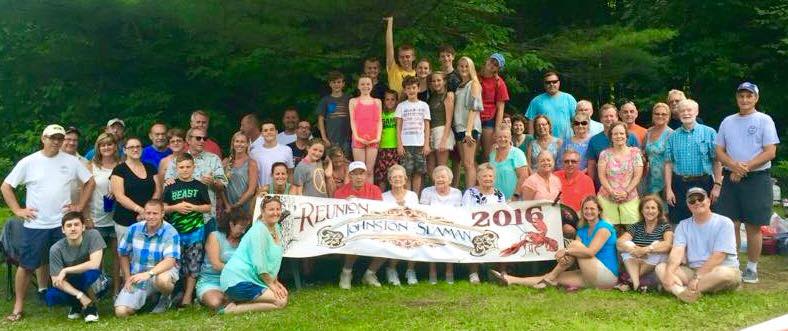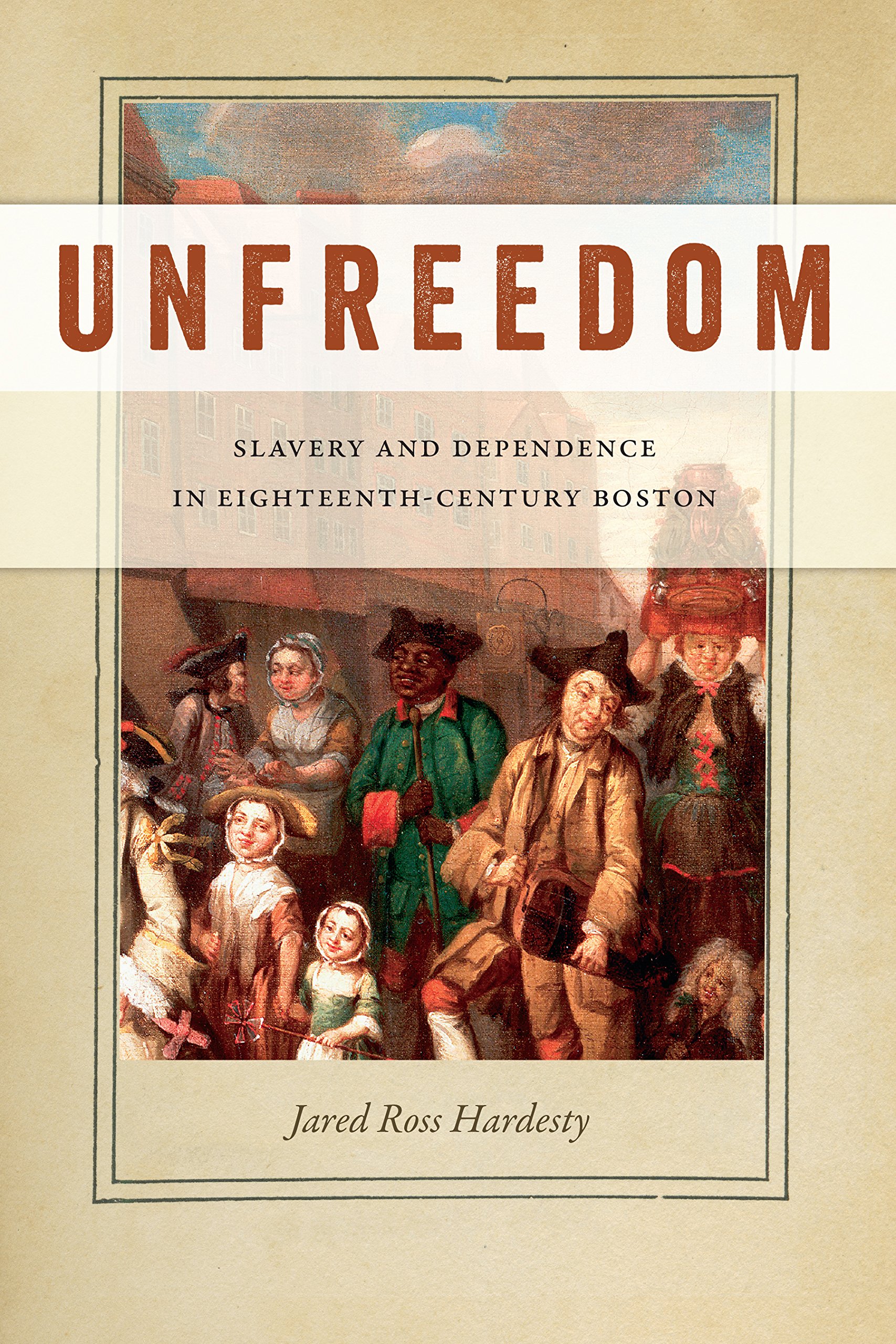
Charles Plumb, a U.S. Naval Academy graduate, was a jet fighter pilot in Vietnam. After 75 combat missions, his plane was destroyed by a surface-to-air missile. Plumb ejected and parachuted into enemy hands. He was captured and spent six years in an enemy prison. He survived that ordeal and now lectures about lessons learned from that experience.
One day, when Plumb and his wife were sitting in a restaurant, a man at another table came up and said, “You’re Plumb! You flew jet fighters in Vietnam from the aircraft carrier Kitty Hawk. You were shot down!”
“How in the world did you know that?” asked Plumb.
“I packed your parachute,” the man replied. Plumb gasped in surprise and gratitude. The man pumped his hand and said, “I guess it worked!”
Plumb assured him, “It sure did – if your chute hadn’t worked, I wouldn’t be here today.”
Plumb couldn’t sleep that night, thinking about that man. Plumb says, “I kept wondering what he might have looked like in a Navy uniform – a Dixie cup hat, a bib in the back, and bell bottom trousers. I wondered how many times I might have passed him on the Kitty Hawk. I wondered how many times I might have seen him, and not even said ‘Good morning, how are you,’ or anything because, you see, I was a fighter pilot and he was just a sailor.”
Plumb thought of the many hours the sailor had spent on a long wooden table in the bowels of the ship carefully weaving the shrouds and folding the silks of each chute, holding in his hands each time the fate of someone he didn’t know.
The Scripture passage we heard this morning is a continuation of the one we heard last week. Last week the theme of the Scripture was freedom, the freedom that Christ brings to all of us when we make the decision to follow him. I mentioned that this freedom comes with lots of responsibility and today we hear about that responsibility from the second verse of the 6th Chapter of Paul’s letter to the Galatians:
Bear one another’s burdens, and in this way, you will fulfill the law of Christ.
Paul knew that even the best of people slip up from time to time. The word that he uses here for sin or transgression is paratoma. This does not mean a deliberate sin but rather a slip up like when you come upon and icy road. The real danger in all of this is not for the person who has slipped up although that can be disastrous, the real danger is to those of us who are trying, as best we can, to live the Christian life. Paul warns his readers that we are not to judge the transgressions of others too harshly.
The classic theological definition of sin is “missing the mark” or “falling short.” We try not to dwell so much on what is a sin or a transgression but rather what can we learn and how can we avoid similar behavior in the future. When someone does slip, and we are all going to slip, Paul says that our job is not to judge the person but to help them back up.
If we are walking down the street and we see a person fall on the sidewalk, do we walk up to that person and tell them that if they were paying attention, they would not have fallen or do we walk up and help them? I hope we would help them up. This is what Paul is telling us we must do, help people when they slip or fall.
Joni Erickson Tada is the president of JET ministries, a ministry which aims to serve the disabled. She is herself a quadriplegic. A few years ago she was a spectator at the Los Angeles Special Olympics. Her husband Ken was the coordinator for track and field events. Joni was among a large crowd watching the participants prepare for the 50 meters running race.
The starter’s gun fired and off the contestants raced. As they rushed toward the finish line, one boy left the track and started running toward his friends standing in the infield. Ken blew his whistle, trying to get the boy to come back to the track, but all to no avail.
Then one of the other competitors noticed, a down syndrome girl with thick bottle glasses. She stopped just short of the finish line and called out to the boy, “Stop, come back, this is the way.” Hearing the voice of her friend the boy stopped and looked. “Come back; this is the way” she called. The boy stood there, confused. His friend, realizing he was confused, left the track and ran over to him. She linked arms with him and together they ran back to the track and finished the race. They were the last to cross the line but were greeted by hugs from their fellow competitors and a standing ovation from the crowd.
Our Christian duty is to help those who have gone astray and get them back on their feet again. The word that Paul uses for correct is for executing a repair, and it is also utilized for a surgeon in removing some growth from a patient. The whole atmosphere of the word is that the stress is not on punishment but the cure; the correction is thought of not as a penalty but as an amendment.
Too often in our society today we are so quick to look at these types of situations as a time to point out what the person has done. Perhaps we do not agree with their choices, and so the focus moves away for correction to that of condemnation. There is not one single incident in Scripture where Jesus condemns a sinner, well except when he speaks to the religious authorities of his day.
One of my favorite stories from Scripture comes from the Gospel of John. In this story, some men bring a woman caught in adultery, notice they only bring the woman and not the man. They bring to Jesus and accuse here and mention that by the law she should be stoned, again what happens to the man since adultery takes two!
The story goes on to say that Jesus stoops down and starts to write in the sand and one by one her accusers, all men, walk away and in the end, no one is left. Some scholars believe that Jesus was making a list of the accusers sins and others think that he was making a list of the names of the men the woman had been with. But in the end, when all of the men have gone, he asked the woman where those who accused her had gone. She tells them they left. He tells he that he does not accuse her, and then he says go and sin no more.
Notice he does not scream at her. He does not set up a picket pine in front of her house. He does not advocate from the pulpit that people pick up stones and get them all. He does not even approach the Romans and ask for new legislation outlawing the style of life that she has chosen. He simply tells her to go and sin no more.
He pointed out to those around him that they were also sinners and that they needed the love of God as much as she did. Rather than focus on the punishment for the sin he approached it with love and understanding. We are not sure what happened to the woman, or the men for that matter, but I am sure they all went away changed in some way.
Now I am not sure about you, but I don’t want my sins written in the sand for all to see. I also don’t want to be the one who writes the sins of others in the sand I would rather reach down and help them up because one day I might need them to reach down and help me up.
All of us, at one point and time in our lives or another, have been where those we wish to judge have been. We have all missed the mark, and we are all trying to make it right. This journey is hard enough without people yelling at us from the sidelines.
Charles Plumb needed someone to bear the burden of packing his parachute for him so he could focus his attention on something else. If it were not for that man doing his job, Plumb would have most certainly died. The young girl gave up her place in the race to go and help her friend get back on course. She is a prime example of what Paul is telling the Galatians, and by that us, what we are to do.
Bear one another’s burdens, and in this way, you will fulfill the law of Christ.











